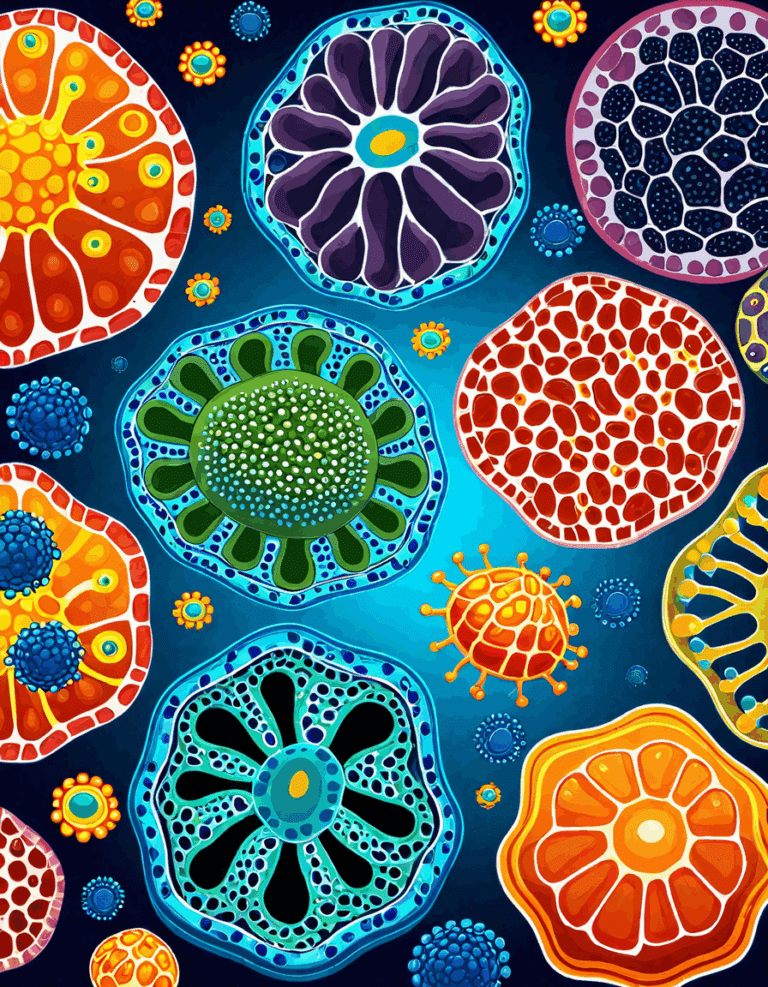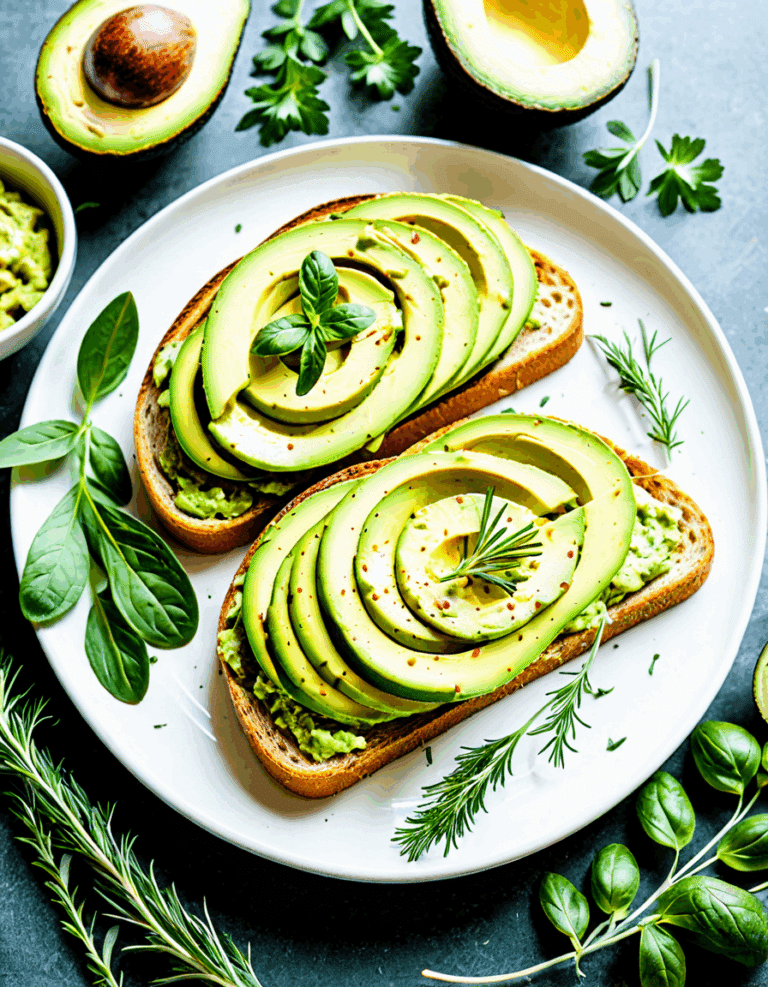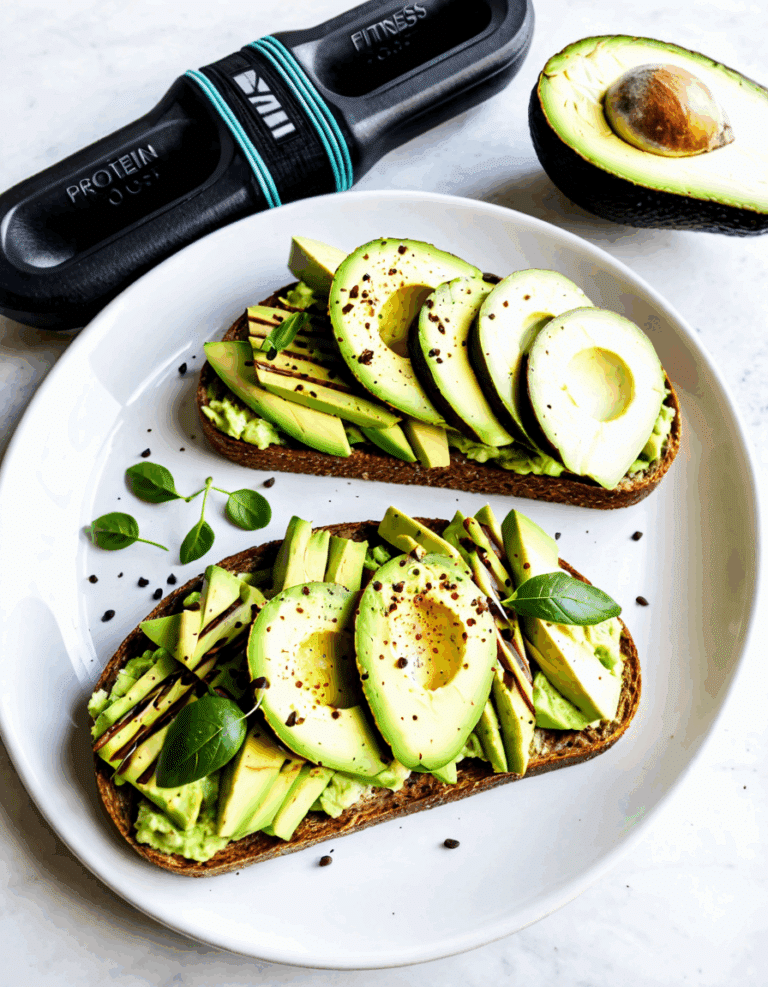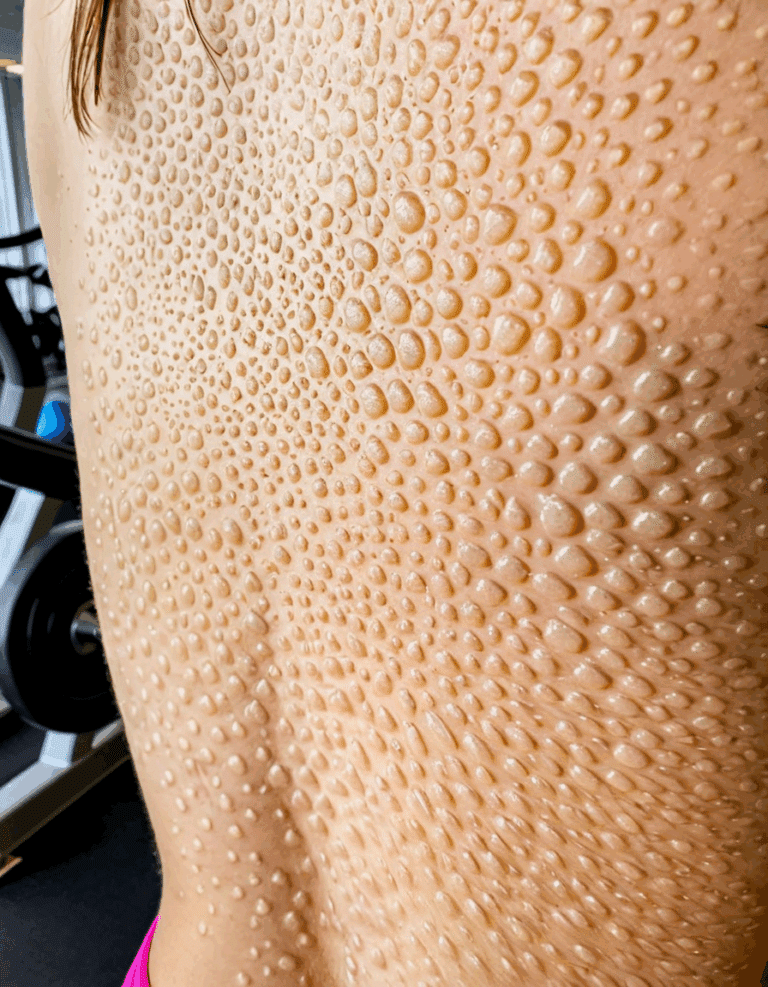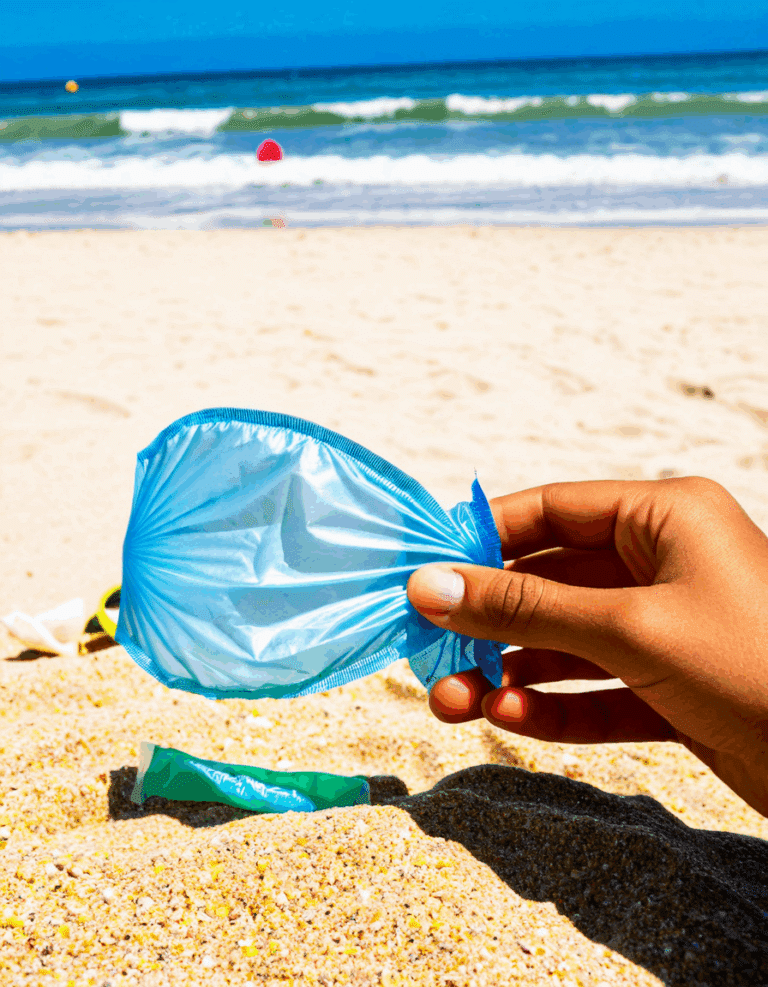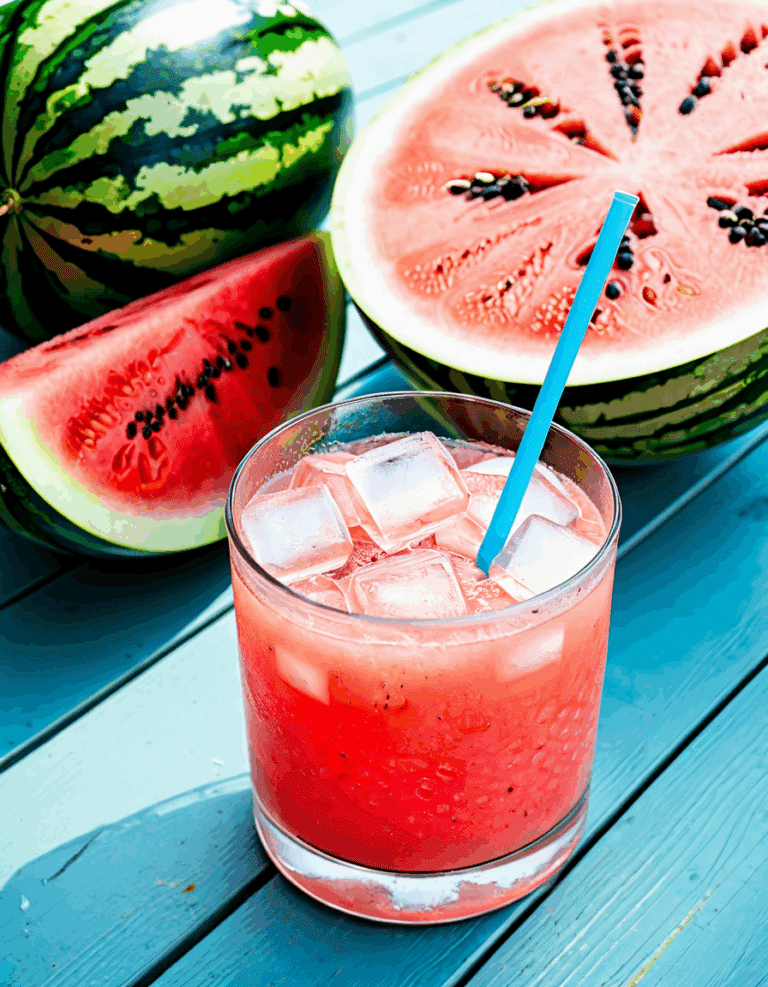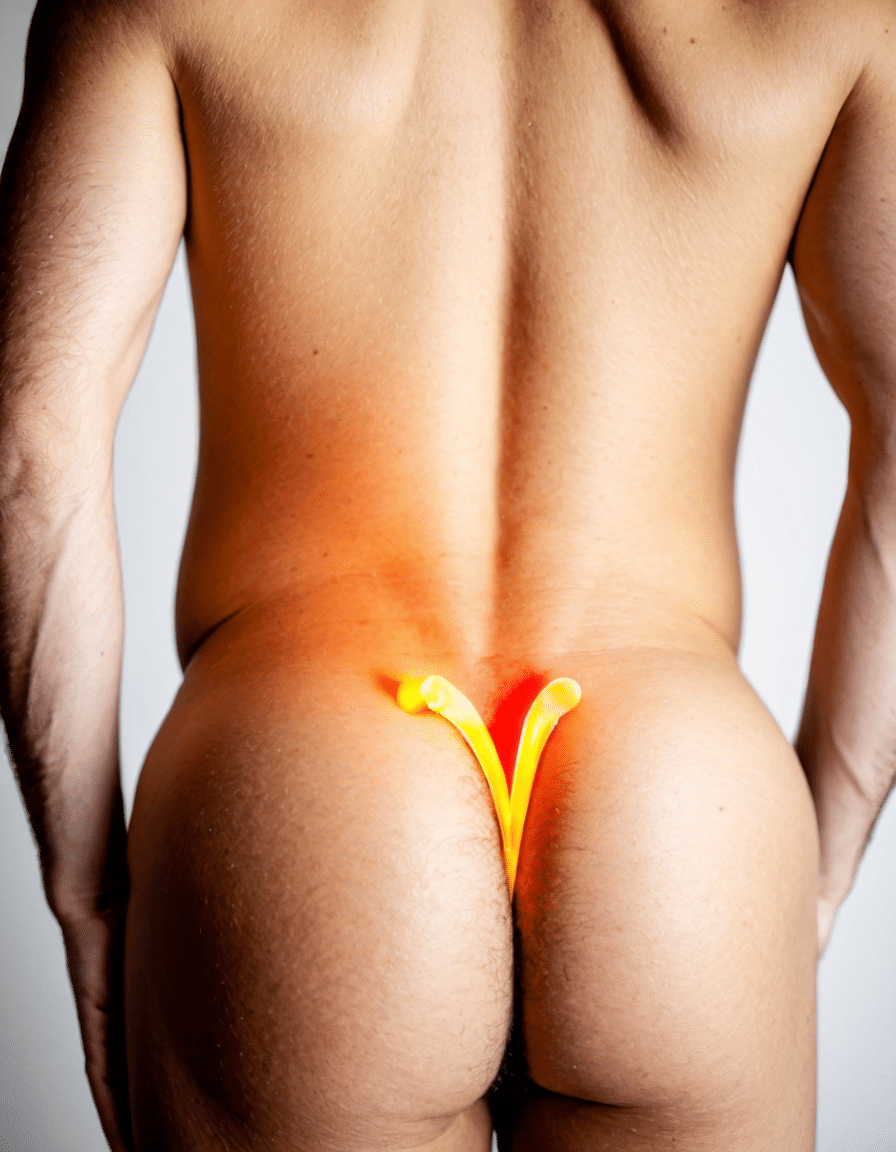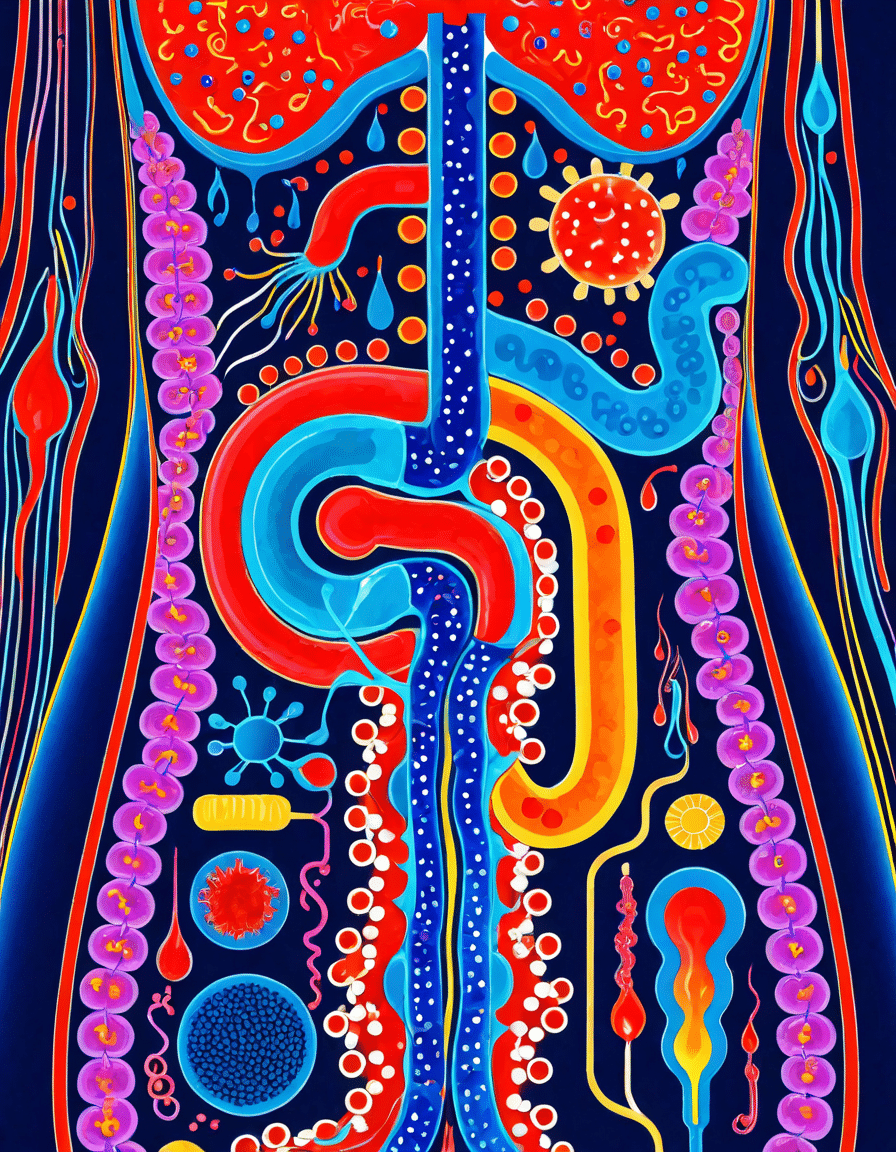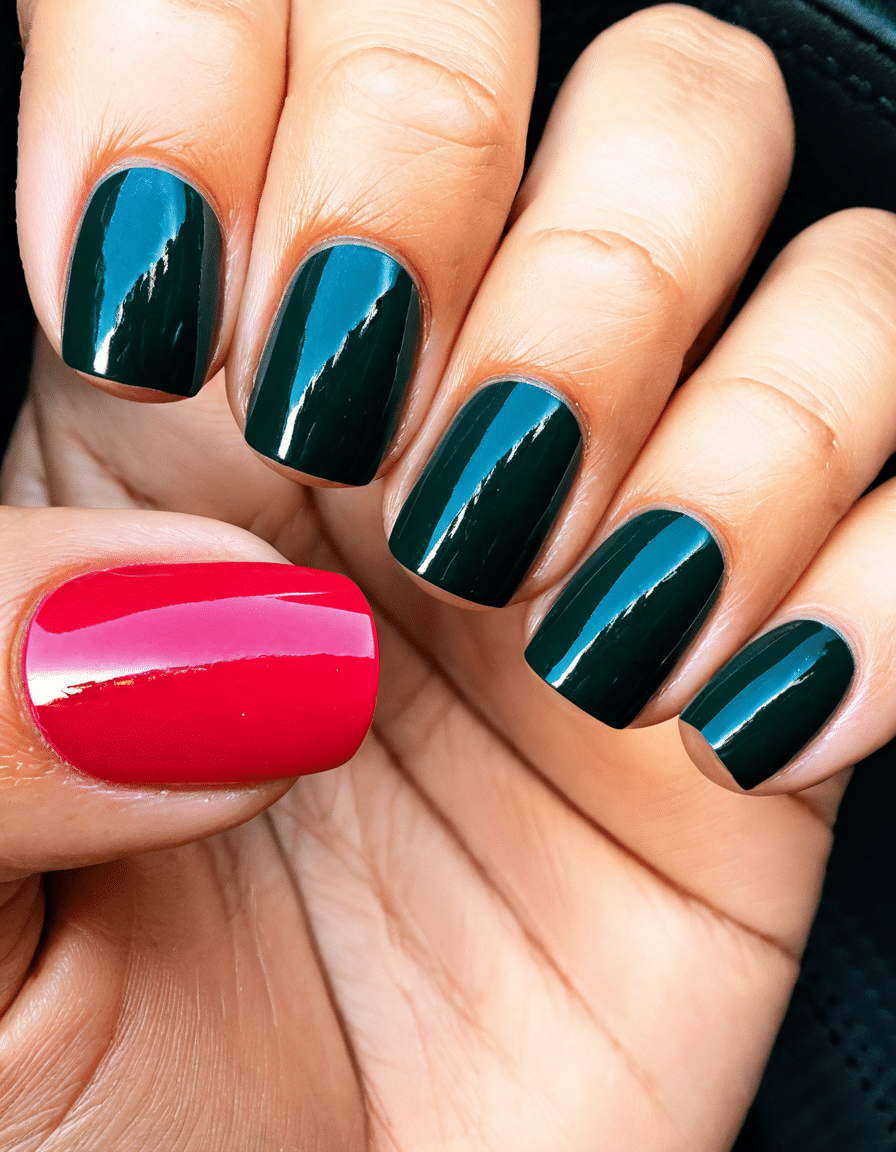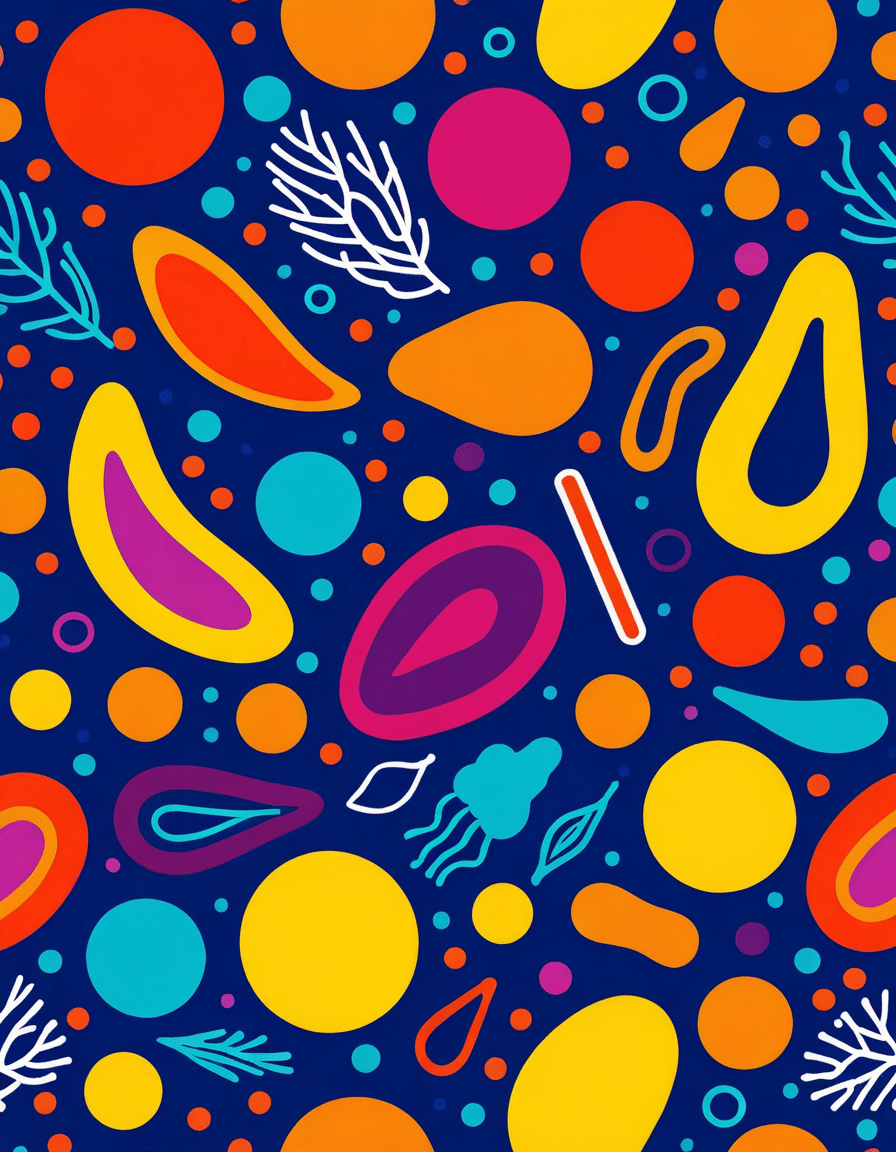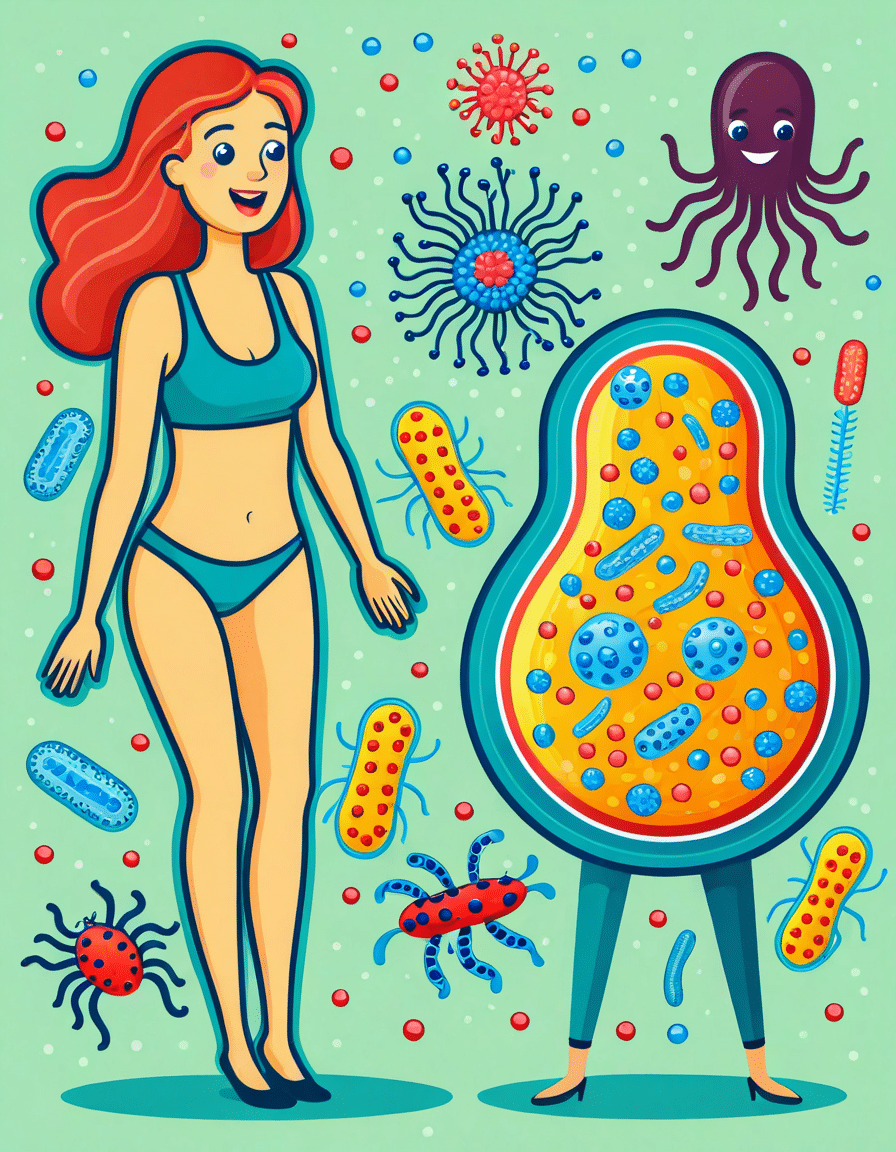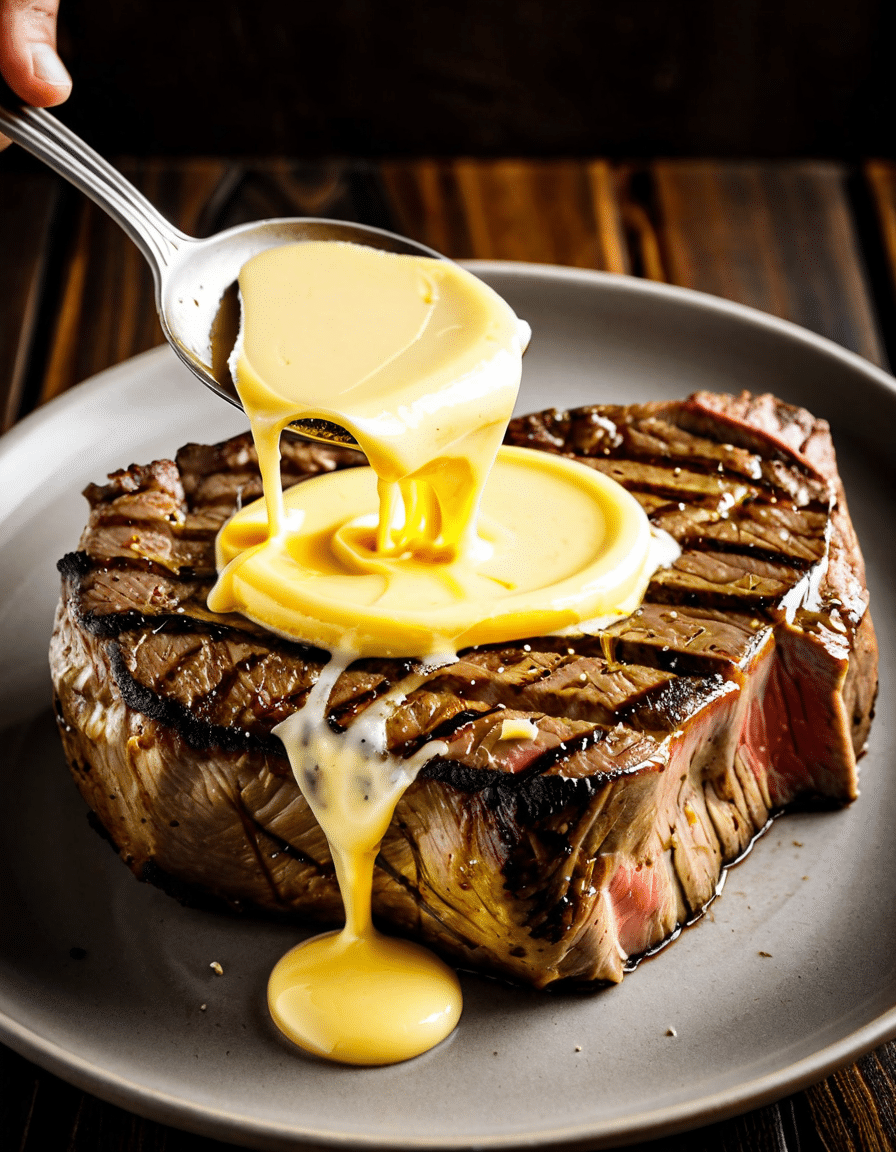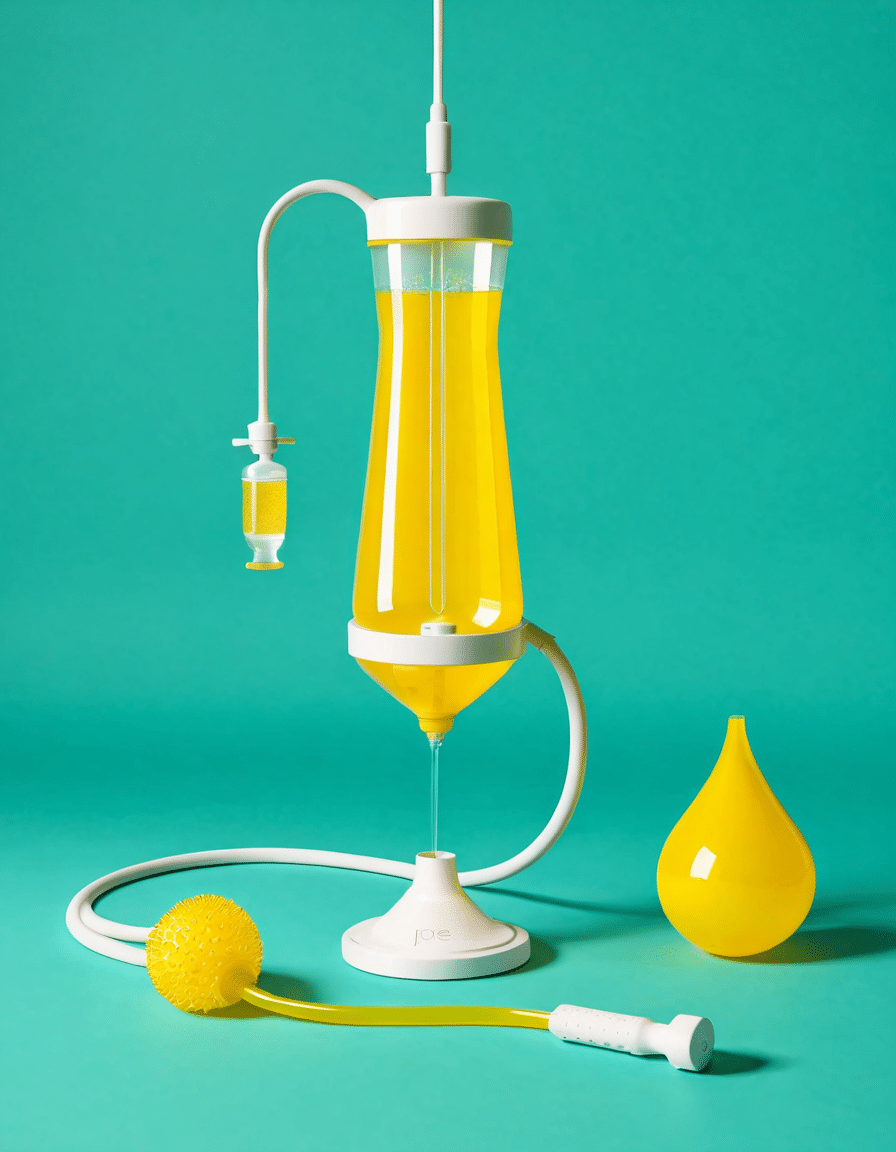Hey there, fitness warriors! Today, we’re diving into a topic that might not seem like it aligns with your quest for a shredded physique, but understanding what kidney pain feels like is crucial for your overall health and well-being. When pain strikes hard, it can throw off your game. So let’s break it down, learn what kidney pain is, and empower ourselves with knowledge.

1. What Does Kidney Pain Feel Like?
When you think about kidney pain, picture a sensation that ranges from an annoying ache to intense misery. It typically hangs out near the lower back, just below the rib cage, but it doesn’t keep its misery confined – it can radiate down to your abdomen or even your groin!
Many folks describe kidney pain as throbbing or aching, but it can also hit you like a freight train with a sharp, sudden jolt. This is especially true if you’re dealing with kidney stones or an infection. What’s the kicker? The intensity isn’t fixed; it can spike suddenly before fading away, leaving you unsure about the next blow. It’s akin to battling through a tough workout – you think you’re done, but then another rep hits!
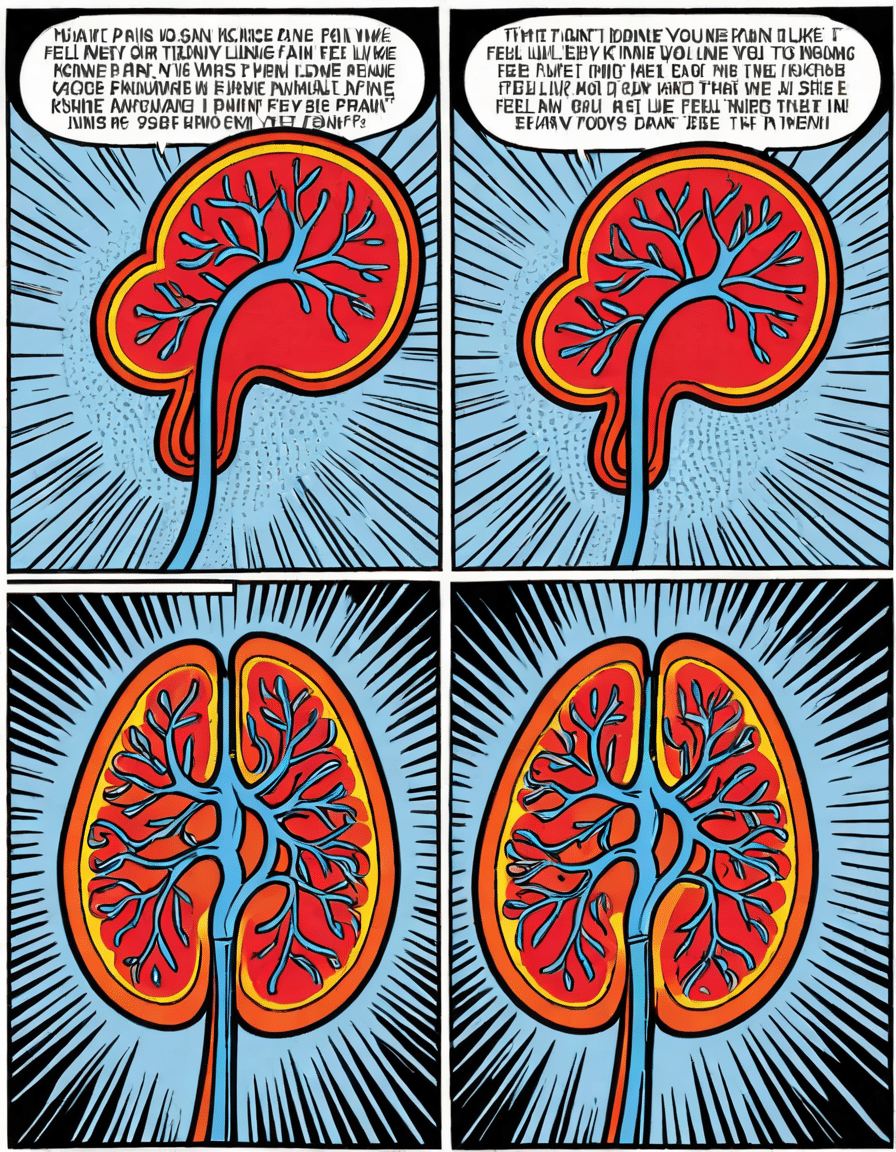
2. Top 6 Symptoms of Intense Kidney Pain
Now that you know what kidney pain feels like, let’s tackle the signs that accompany it. Here’s a rundown of 6 key symptoms that could indicate something more serious is at play:

3. What Do Kidney Stones Feel Like?
Let’s talk about those infamous kidney stones! They’re notorious for inflicting intense pain, often likened to the agony of active labor. Picture this: you’re hit with sharp, cramping sensations that can last for minutes or linger for hours. Pure torment!
Dr. Jill Cohen, a leading nephrologist, emphasizes that many patients experience “colicky” episodes – pain spikes that fade, only to surge back with even more intensity. It’s a rollercoaster of agony and anxiety where you’re always left wondering, “When will the next wave hit?”

4. Anxiety and Kidney Pain: The Overlap
Now, let’s delve into anxiety and how it intertwines with kidney pain. When you’re grappling with kidney issues, the discomfort can elevate your anxiety levels. It’s a nasty cycle; your brain adds fuel to the fire of pain perception.
Feeling anxious? Therapists recommend coping strategies like mindfulness techniques to help you relax and manage that pain. Apps like Headspace or Calm can guide you through gentle meditations that alleviate both mental and physical discomfort.
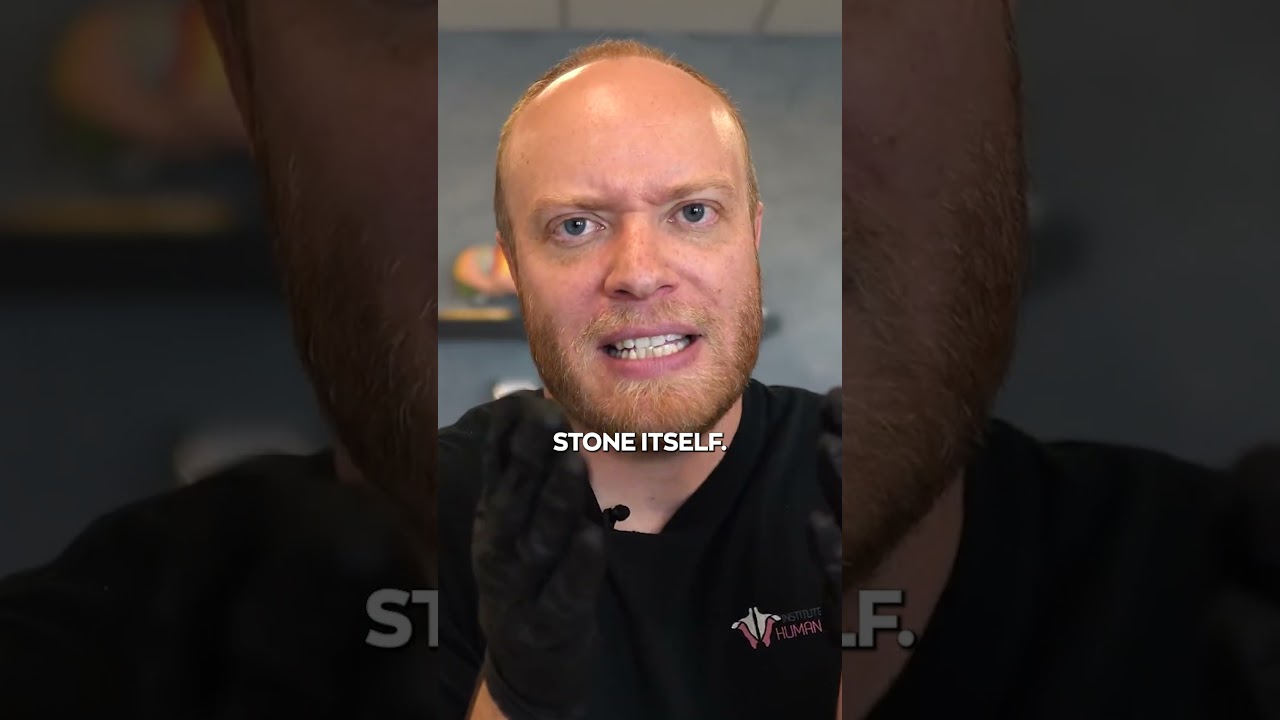
5. What Does Heartburn Feel Like Compared to Kidney Pain?
You might be wondering: how does kidney pain stack up against heartburn? They may share some common symptoms, especially when that pain radiates. Heartburn typically introduces a fiery sensation in your chest from acid reflux, while kidney pain is localized more towards your back or side.
Studies conducted at prestigious places like the Mayo Clinic highlight how often patients misattribute kidney pain to gastrointestinal troubles. Recognizing the difference is vital; using the appropriate approach in either case can streamline treatment and provide much-needed relief.
6. What Do Contractions Feel Like Compared to Kidney Pain?
Interestingly, many expectant mothers liken the sensation of labor contractions to kidney stones. Contractions tighten the abdomen and induce sharp pain, similar to those gut-wrenching cramps you may feel from kidney trouble.
Understanding this resemblance can help those without childbirth experience communicate their sensations better to healthcare providers. This improves your chances of obtaining a diagnosis and proper treatment swiftly.
7. Understanding the Broader Context: What Muscles Do Push Ups Work?
At first glance, discussing push-ups seems unrelated. However, exploring the muscles worked during push-ups can offer insight into how physical strain affects our bodies. Push-ups primarily target the triceps, pectorals, and shoulders while requiring core stabilization.
Overdoing any physical exercise can lead to tension or injury, which might mimic the acute aches of kidney pain, especially in the lower back. Being more in tune with your body—both during physical activity and when it isn’t performing optimally—is essential for preventing injuries and promoting overall health.
In wrapping up, gaining a solid understanding of what kidney pain feels like can empower you to take action and maintain optimal health. Whether it’s stones, infections, or other issues causing discomfort, recognizing those feelings helps ensure you receive prompt care, allowing you to focus on conquering your fitness goals and building the ripped physique you strive for. So, keep training hard, stay informed, and never lose sight of your ultimate vision!
By staying proactive about health, you set yourself up for success in the gym and life. It’s time to switch gears on kidney pain; understanding it is the first step towards a healthier you! Keep challenging yourself, stay motivated, and don’t forget – the journey to YOUR best self isn’t just physical; it’s also about understanding every part of your body and your health. Stay shredded!
What Does Kidney Pain Feel Like
Kidney pain can be quite the experience, often described as a sharp, stabbing sensation or a dull ache radiating through the mid-back or side. This discomfort can start suddenly and grab your attention, making it hard to focus on anything else—kind of like that unexpected plot twist when you first see the Wizard Of Oz cast. But hold on—this pain doesn’t just appear on its own. It could be the result of various conditions, including kidney stones or infection, so knowing what does kidney pain feel like can help distinguish it from other ailments.
Common Symptoms of Kidney Pain
If you’re wondering what does kidney pain feel like, it often comes with a host of accompanying symptoms. Many people report feelings of nausea, vomiting, and changes in urination patterns. The pain itself might come in waves or remain constant, like a relentless tide. Interestingly, there’s some overlap between kidney problems and other health issues, such as cerebrovascular disease, which highlights how critical it is to pay attention to our bodies—after all, they’re always sending signals.
Not to put the cart before the horse, but knowing how distinct kidney pain can be is essential when you start feeling discomfort. For instance, some say it feels similar to what arthritis feels like, except it’s concentrated in a different area. You might find yourself clutching your back, just like you’d hold onto a safety net after a bad fall or a cerebrospinal fluid leak. And don’t forget the fun fact that kidney stones can be as tiny as a grain of sand or as big as an olive—talk about a rollercoaster of feelings!
Consequences of Ignoring Kidney Pain
When kidney pain strikes hard, ignoring it could lead to serious consequences. Just like choosing the wrong channel while watching your favorite team, like the Anaheim Ducks, ignoring the signals can put you in a bind. Long-term kidney issues could develop, and that’s a road you don’t want to travel down. That brings us back to the question, what does kidney pain feel like? It could start as a mere irritation—something like using Ivory soap for sensitive skin—but if left unchecked, it can explode into a bigger threat to your health.
So next time you feel that unwelcome nagging in your sides or back, don’t just brush it off. Dive a little deeper, check those clues, and, when in doubt, consult a health professional. Remember, you’re not just seeking an answer to an uncomfortable question; you’re looking for a clear path to understanding your health and well-being.




